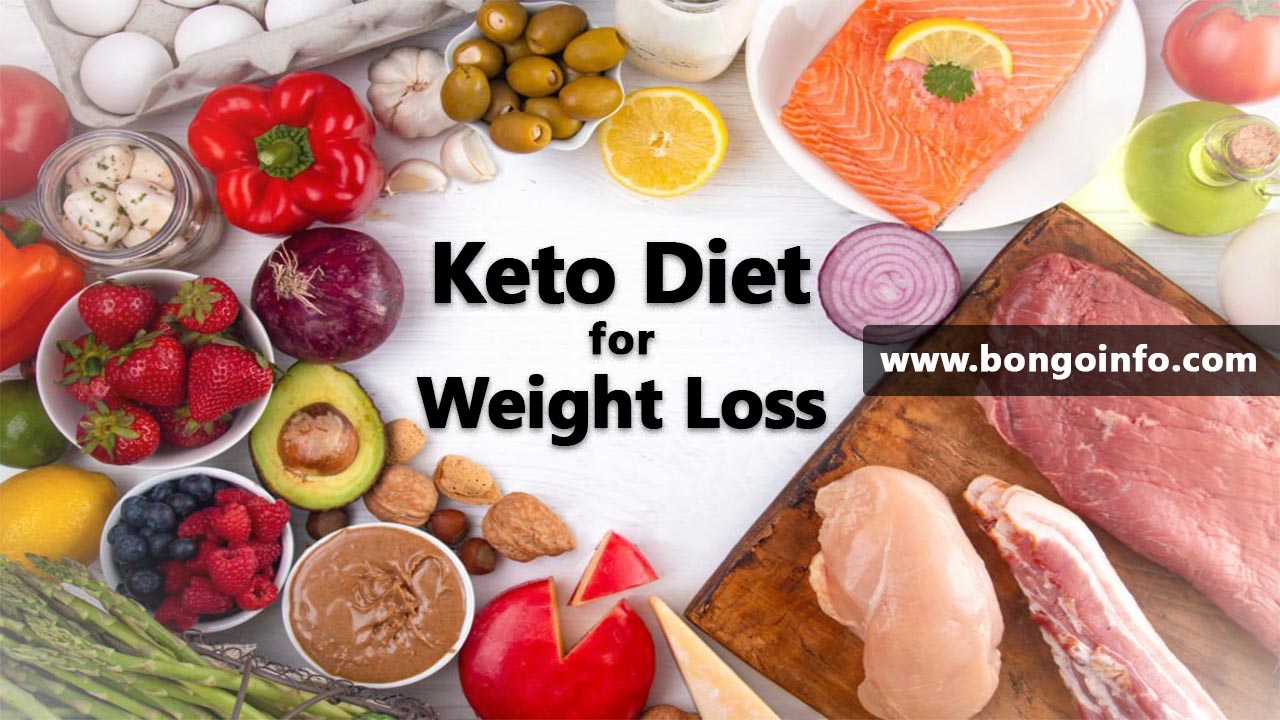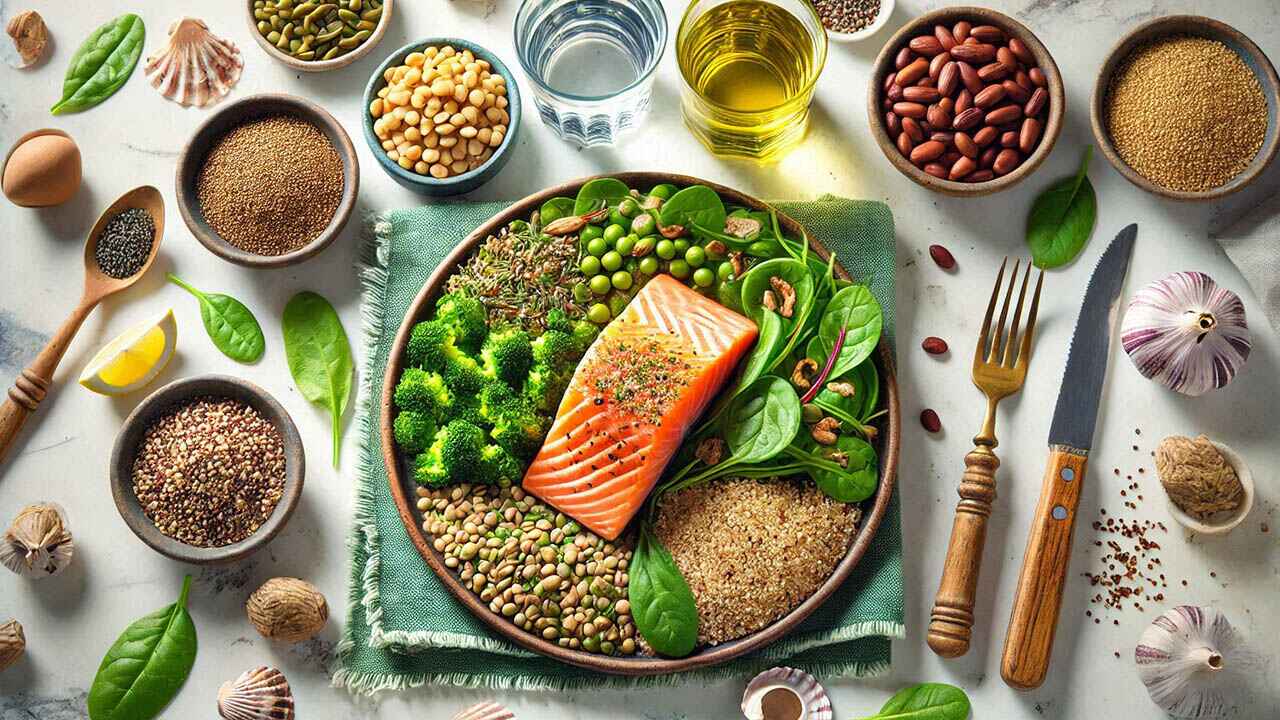The 10 Best Diet Plans for Sustainable Weight Loss
When it comes to weight loss, finding the perfect diet plan can often feel like searching for a needle in a haystack. With so many options available, it’s easy to get overwhelmed and confused about which one is truly the best. In this article, we will delve into the world of diet plans for weight loss and uncover the most effective ones for achieving sustainable results.

The Science Behind Weight Loss: How Diets Work
Before we dive into the specifics of different diet plans, it’s important to understand the science behind weight loss. At its core, weight loss occurs when there is a calorie deficit, meaning you consume fewer calories than your body burns. This deficit forces your body to tap into its fat stores for energy, resulting in weight loss.
However, not all calories are created equal. Different foods have varying effects on hunger, metabolism, and overall health. This is where diet plans come into play. By following a structured eating plan, you can strategically choose foods that promote weight loss, while still providing your body with the nutrients it needs.
A Sample Three-Day Meal Plan
To illustrate how these principles translate into practical eating habits, here’s a sample three-day meal plan that incorporates a balanced mix of foods from various diets. Feel free to modify this plan to fit your dietary preferences and calorie requirements.
Day 1: Mediterranean Delight
Breakfast: Greek yogurt with honey and berries, whole-grain toast, and a handful of almonds.
Lunch: Mediterranean salad with grilled chicken, mixed greens, olives, feta cheese, and olive oil dressing.
Dinner: Baked salmon with roasted vegetables and quinoa.
Snacks: Hummus with carrot sticks, a piece of fruit.
Day 2: Flexitarian Feast
Breakfast: Scrambled eggs with spinach and tomatoes, whole-grain toast, and avocado.
Lunch: Black bean and corn salad with a lime-cilantro dressing.
Dinner: Vegetarian chili with brown rice and a side of steamed broccoli.
Snacks: Greek yogurt with a drizzle of honey, a handful of mixed nuts.
Day 3: DASH of Health
Breakfast: Oatmeal with sliced banana and a sprinkle of cinnamon.
Lunch: Grilled chicken breast with a side of quinoa and steamed asparagus.
Dinner: Baked cod with a tomato and herb topping, brown rice, and a mixed green salad.
Snacks: Sliced cucumber with tzatziki sauce, a small serving of berries.
Common Types of Diets for Weight Loss
There are countless diet plans available, each with its own unique approach to weight loss. To help you navigate this sea of options, we have narrowed down the list to the best diet plans for sustainable weight loss. Let’s take a closer look at each one:
1. Mediterranean Diet
The Mediterranean diet has consistently been recognized as one of the best for sustainable weight loss. It focuses on whole, unprocessed foods such as fruits, vegetables, nuts, seeds, legumes, whole grains, and healthy fats like olive oil. Seafood is a primary protein source, while red meat and sugary foods are limited. This diet’s flexibility makes it easy to stick with in the long run, promoting gradual, sustainable weight loss while supporting heart health.
2. DASH Diet
The DASH diet, originally created to combat high blood pressure, is also highly effective for weight loss. This plan emphasizes fruits, vegetables, lean proteins, whole grains, and low-fat dairy while minimizing sodium, added sugars, and unhealthy fats. By prioritizing nutrient-dense foods, the DASH diet provides the essential vitamins and minerals your body needs while fostering a healthy weight.
3. Paleo Diet
The Paleo diet encourages eating whole foods that our ancestors consumed, such as lean meats, fish, fruits, vegetables, nuts, and seeds. It eliminates processed foods, grains, legumes, and dairy. By focusing on nutrient-dense foods and cutting out refined sugars and carbohydrates, the Paleo diet can promote weight loss, improve digestion, and stabilize energy levels.
4. Keto Diet
The Keto diet is a low-carb, high-fat plan designed to push the body into a state of ketosis, where fat becomes the primary fuel source. This diet restricts carbohydrates to a minimum and encourages the consumption of fats from sources like avocados, nuts, seeds, and oils. By dramatically reducing carb intake, the Keto diet can lead to rapid weight loss, particularly in the initial stages.
5. Plant-Based Diet
Plant-based diets, including veganism and vegetarianism, focus on whole plant foods such as fruits, vegetables, legumes, nuts, and seeds while minimizing or eliminating animal products. These diets are rich in fiber, vitamins, and minerals, which help with weight loss by keeping you fuller longer and supporting overall health. A well-planned plant-based diet can also reduce the risk of chronic diseases.
6. Whole30
Whole30 is a 30-day elimination diet designed to remove common inflammatory foods, such as sugar, dairy, legumes, grains, and alcohol. After the 30 days, you gradually reintroduce these foods to see how your body reacts. This diet promotes whole, unprocessed foods like lean proteins, vegetables, fruits, and healthy fats. While it’s stricter than some other plans, Whole30 can help reset your eating habits and kickstart weight loss.
7. Intermittent Fasting
Intermittent fasting (IF) is more about when you eat than what you eat. It involves cycling between periods of eating and fasting, with popular methods including the 16/8 (16 hours of fasting, 8 hours of eating) and 5:2 (eating normally for 5 days, consuming very few calories for 2 days). By reducing the window during which you eat, IF naturally reduces calorie intake, leading to weight loss over time.
8. WW (Weight Watchers)
WW, formerly known as Weight Watchers, is a points-based system that assigns foods a point value based on their nutritional content. You’re given a daily points allowance, which helps guide food choices without being overly restrictive. The flexibility of this plan makes it sustainable, and the emphasis on portion control and mindful eating helps with steady, long-term weight loss.
9. Flexitarian Diet
The Flexitarian diet is a primarily vegetarian eating plan that allows for occasional consumption of meat and other animal products. This approach promotes plant-based eating while offering flexibility for those who don’t want to fully give up meat. With an emphasis on fruits, vegetables, legumes, and whole grains, the Flexitarian diet is a great option for gradual weight loss and improved health.
10. Low-Carb Diet
A low-carb diet limits carbohydrate intake, focusing on proteins and healthy fats. This diet can range from moderate to very low-carb, depending on individual preferences. It reduces the intake of sugars and refined carbs, which helps in losing weight by stabilizing blood sugar levels and curbing cravings. Popular low-carb diets include Atkins and South Beach.
⋙ Get Your custom keto diet plan ⋘
Why Are Diet Plans Important for Sustainable Weight Loss?
When it comes to losing weight and maintaining a healthy lifestyle, diet plans play a crucial role. Sustainable weight loss is not about quick fixes or drastic changes; it’s about adopting habits that can be maintained long-term. A well-structured diet plan helps you achieve that by offering a balanced, consistent approach to eating. Here’s why diet plans are so important for sustainable weight loss:
Provides Structure and Discipline: One of the biggest challenges in losing weight is staying consistent. Diet plans provide a structured routine for eating, ensuring you consume the right nutrients at the right times. By following a plan, you avoid random eating patterns that can lead to overeating or unhealthy snacking.
Promotes Nutritional Balance: A proper diet plan focuses on providing a balanced intake of macronutrients (carbohydrates, proteins, fats) and micronutrients (vitamins, minerals). Sustainable weight loss isn’t just about cutting calories; it’s about ensuring your body gets the nutrients it needs to function optimally. This prevents deficiencies and keeps your metabolism functioning properly.
Prevents Unhealthy Dieting Habits: Without a plan, many people resort to fad diets, extreme calorie restrictions, or elimination of entire food groups. These practices can harm your metabolism and lead to weight regain once the diet is over. A sustainable diet plan encourages healthy habits that can be maintained over time, avoiding the negative effects of yo-yo dieting.
Helps Control Portion Sizes: Portion control is essential for weight loss, and most diet plans come with specific guidelines on how much of each food group to consume. By controlling portion sizes, you can reduce calorie intake without feeling deprived. Over time, this helps in developing healthier eating patterns and better portion control skills.
Reduces the Risk of Overeating: When you’re on a diet plan, you’re less likely to make impulsive food choices or overeat, especially when faced with tempting high-calorie foods. Planning your meals ahead reduces the chances of mindless eating, which can lead to consuming more calories than your body needs.
Encourages Accountability: Most diet plans require tracking what you eat, which adds a layer of accountability to your weight loss journey. Whether you’re keeping a food journal or using an app, logging your meals can help you stay on track and monitor your progress. This helps reinforce healthy behaviors and keeps you committed to your goals.
Adapts to Your Lifestyle: A good diet plan is tailored to your individual lifestyle and preferences, making it easier to stick with over time. Whether you’re a busy professional, a stay-at-home parent, or someone with specific dietary restrictions, the flexibility of a well-designed diet plan can support your goals without feeling overwhelming or restrictive.
Supports Long-Term Success: The ultimate goal of sustainable weight loss is to not just lose weight but to keep it off long-term. Diet plans designed for sustainability focus on gradual, consistent progress. This approach ensures that the weight you lose stays off because you’re building lasting habits, not relying on quick-fix solutions.
Conclusion
The key to sustainable weight loss is choosing a diet plan that works with your lifestyle and is enjoyable enough to maintain in the long run. These 10 diet plans offer flexibility, variety, and nutrition, making it easier to stick to them for the long term. Whether you prefer a plant-based approach, a low-carb plan, or intermittent fasting, each of these diets can help you achieve and maintain a healthy weight over time.






